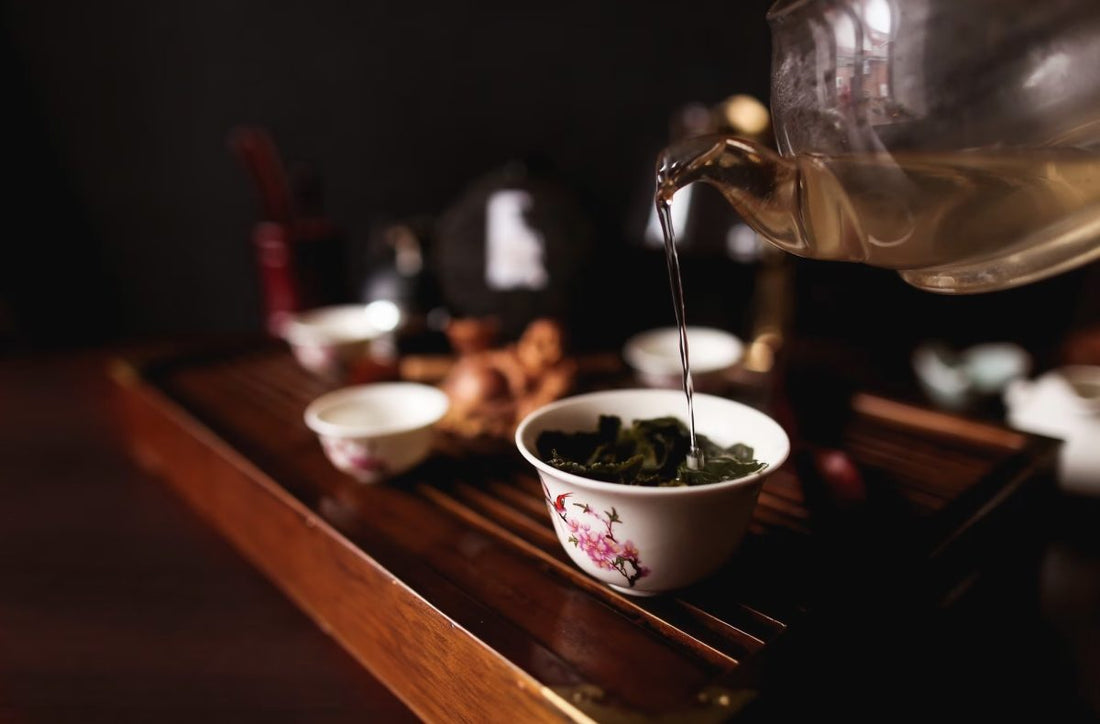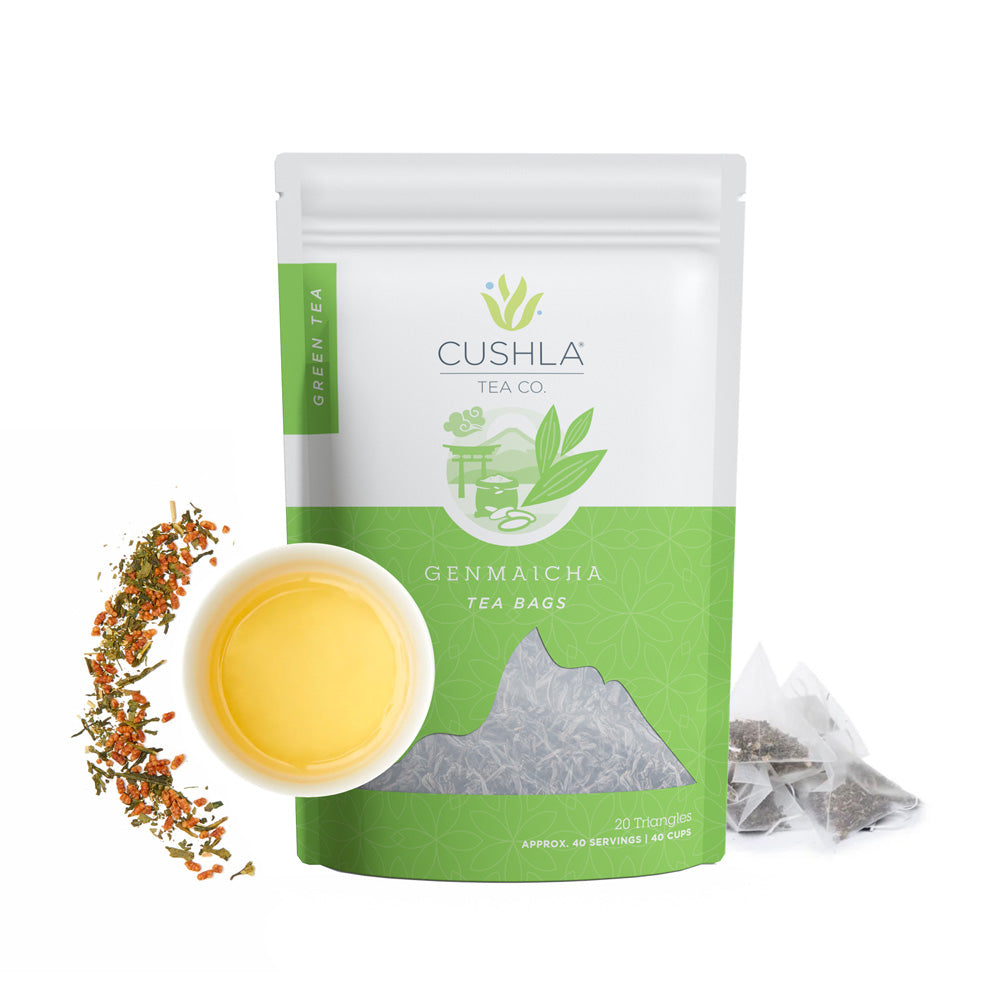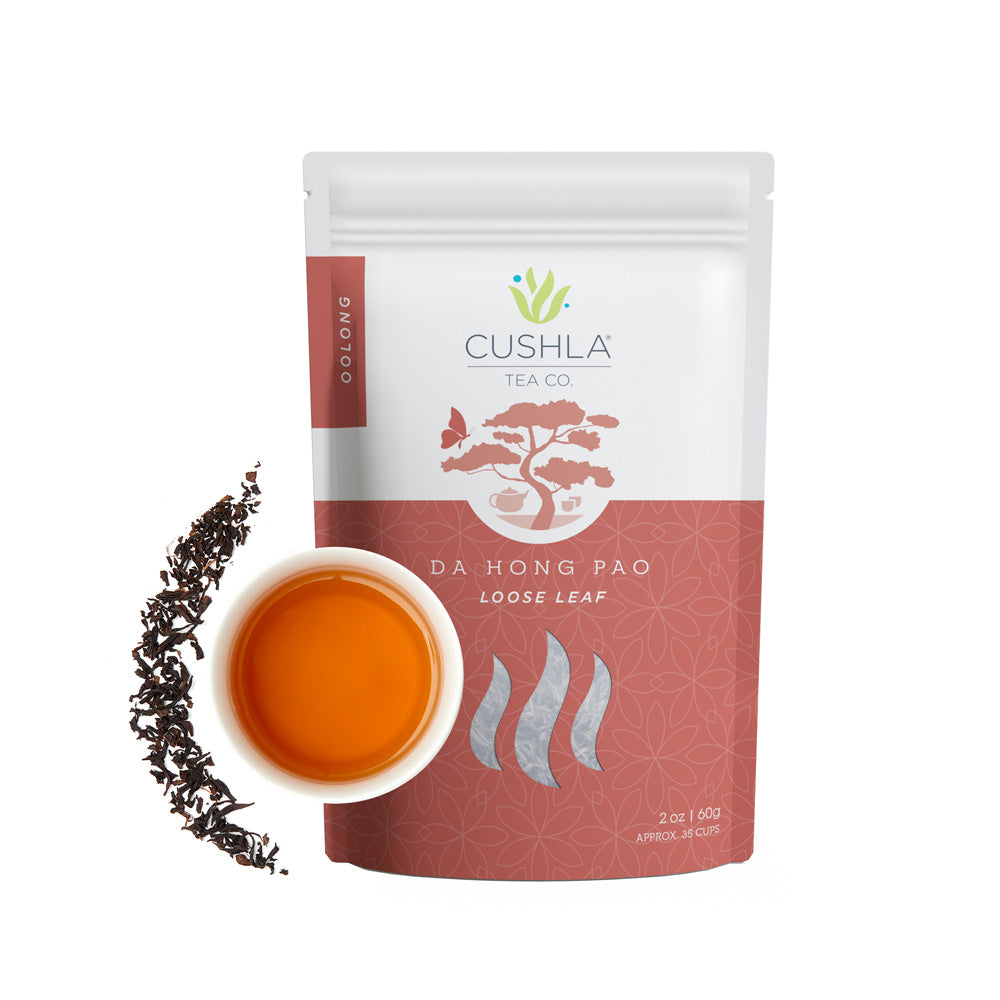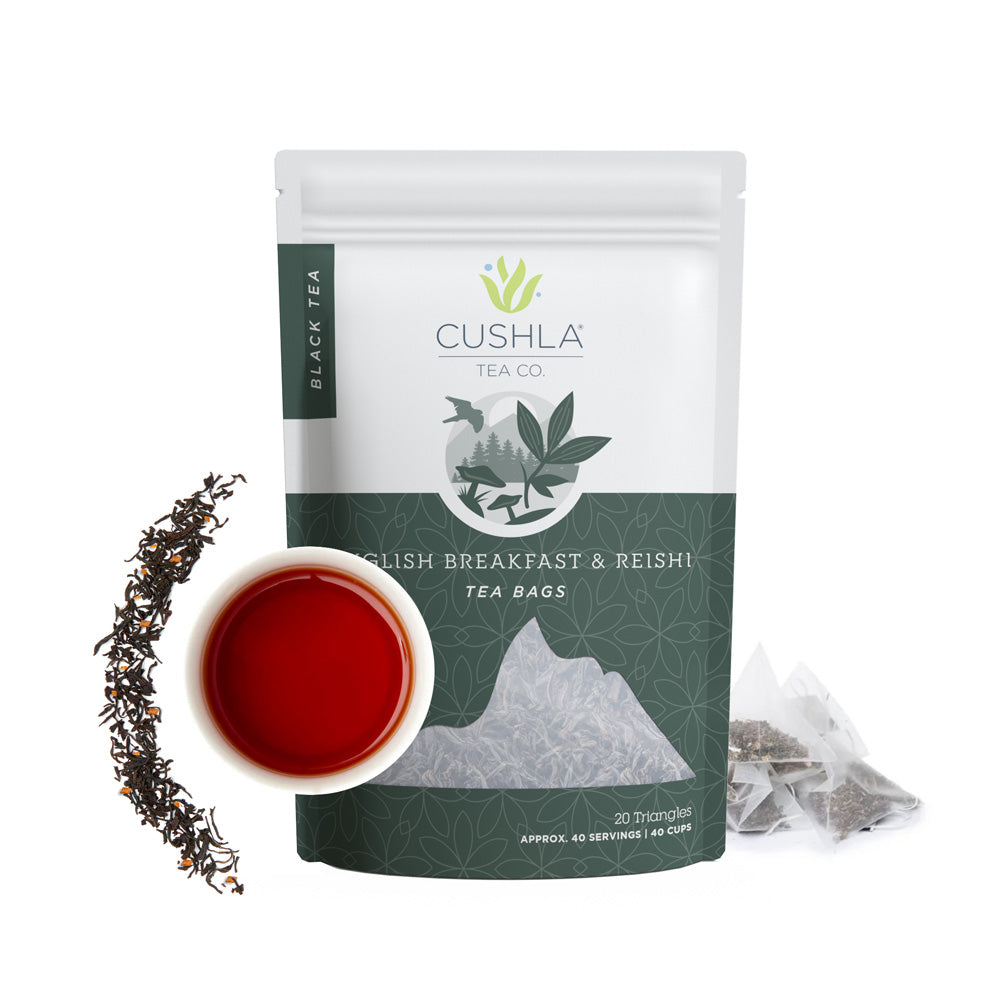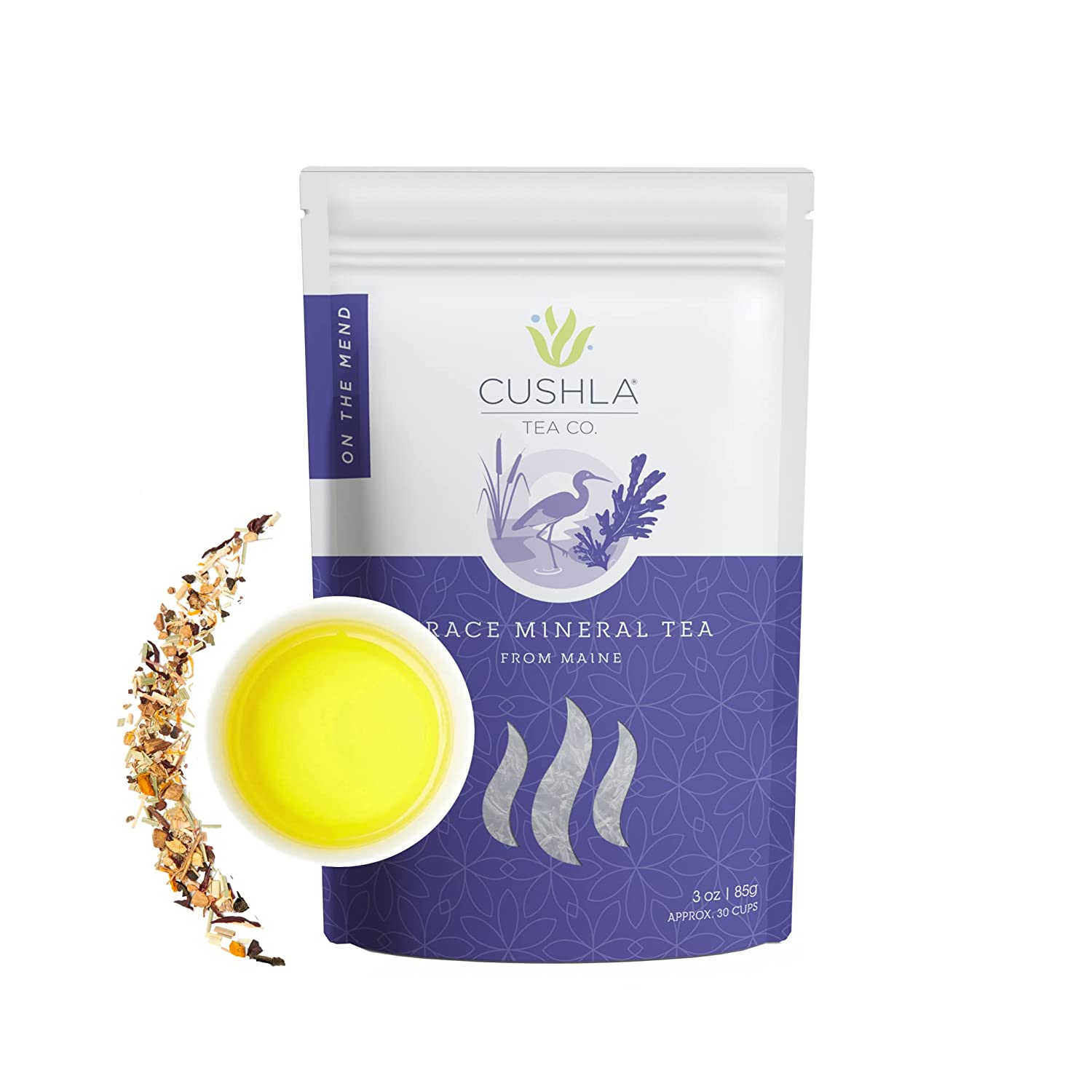Let’s take a deeper looking into caffeine and how it specifically affects the oolong tea caffeine content on your daily cup. Caffeine is a natural stimulant found in many popular beverages, including tea, coffee, and soda. It is a central nervous system stimulant that provides a boost of energy and alertness, making it a popular choice for those seeking a quick pick-me-up. Oolong tea is one such beverage that is known for its unique taste and aroma, as well as its caffeine content.
Oolong tea is made from the leaves of the Camellia sinensis plant, the same plant used to make black and green teas. To understand Oolong Tea Caffeine Content we can look at the leaves of this plant. They contain caffeine, along with other chemicals that contribute to its unique taste and health benefits. In fact, the caffeine content of oolong tea can vary depending on a number of factors, including the variety of the plant, the time of year it is harvested, and the way the leaves are processed.
To understand how caffeine is produced in oolong tea leaves, it is first important to understand the basic biology of the Camellia sinensis plant. This plant is native to China and other parts of Asia, and is cultivated in many countries around the world, including Japan, India, and Sri Lanka. The leaves of the plant contain several chemical compounds, including caffeine, theophylline, and theobromine, which are all members of the xanthine family of compounds.
Caffeine is produced in the leaves of the Camellia sinensis plant through a process known as purine alkaloid biosynthesis. This process begins with the uptake of nitrogen from the soil by the roots of the plant. This nitrogen is then converted into amino acids, which are the building blocks of proteins. Some of these amino acids are then converted into purine nucleotides, which are the precursors to caffeine and other xanthine compounds.
The conversion of purine nucleotides to caffeine is a complex process that involves several enzymes and chemical reactions. One of the key enzymes involved in this process is known as caffeine synthase, which catalyzes the final steps in the conversion of xanthosine to caffeine. The activity of caffeine synthase, along with other enzymes involved in purine alkaloid biosynthesis, can be influenced by a variety of environmental factors, such as temperature, light, and nutrient availability.
Oolong tea caffeine content can also be influenced by the way the leaves are processed. Oolong tea is made by partially oxidizing the leaves of the Camellia sinensis plant, which gives it a unique taste and aroma. During the oxidation process, enzymes in the leaves break down the catechins, which are a type of antioxidant, and convert them into other compounds, such as theaflavins and thearubigins. These compounds contribute to the flavor and color of the tea, but they also have caffeine content.
Studies have shown that the oolong tea caffeine content can vary depending on the degree of oxidation. In general, less oxidized teas, such as green teas, tend to have lower levels of caffeine, while more oxidized teas, such as black teas, tend to have higher levels. Oolong tea falls somewhere in the middle of this spectrum, with a caffeine content that can range from 30 to 50 milligrams per 8-ounce cup.
While the caffeine content of oolong tea may not be as high as some other beverages, it still provides a natural source of energy and alertness. In addition, oolong tea contains other beneficial compounds, such as catechins, theaflavins, and thearubigins, which have been shown to have antioxidant and anti-inflammatory properties.
In conclusion, oolong tea is a delicious and unique beverage that contains caffeine, along with other beneficial compounds that contribute to its taste and health benefits. The oolong tea caffeine content is produced through a complex process of purine alkaloid biosynthesis, which can be influenced by environmental factors and the way the leaves are processed. While the caffeine content of oolong tea may vary, it still provides a natural source of energy and alertness, making it a popular choice among tea drinkers. So the next time you brew yourself a cup of oolong tea, savor the unique taste and aroma, and appreciate the natural source of caffeine that it provides.

